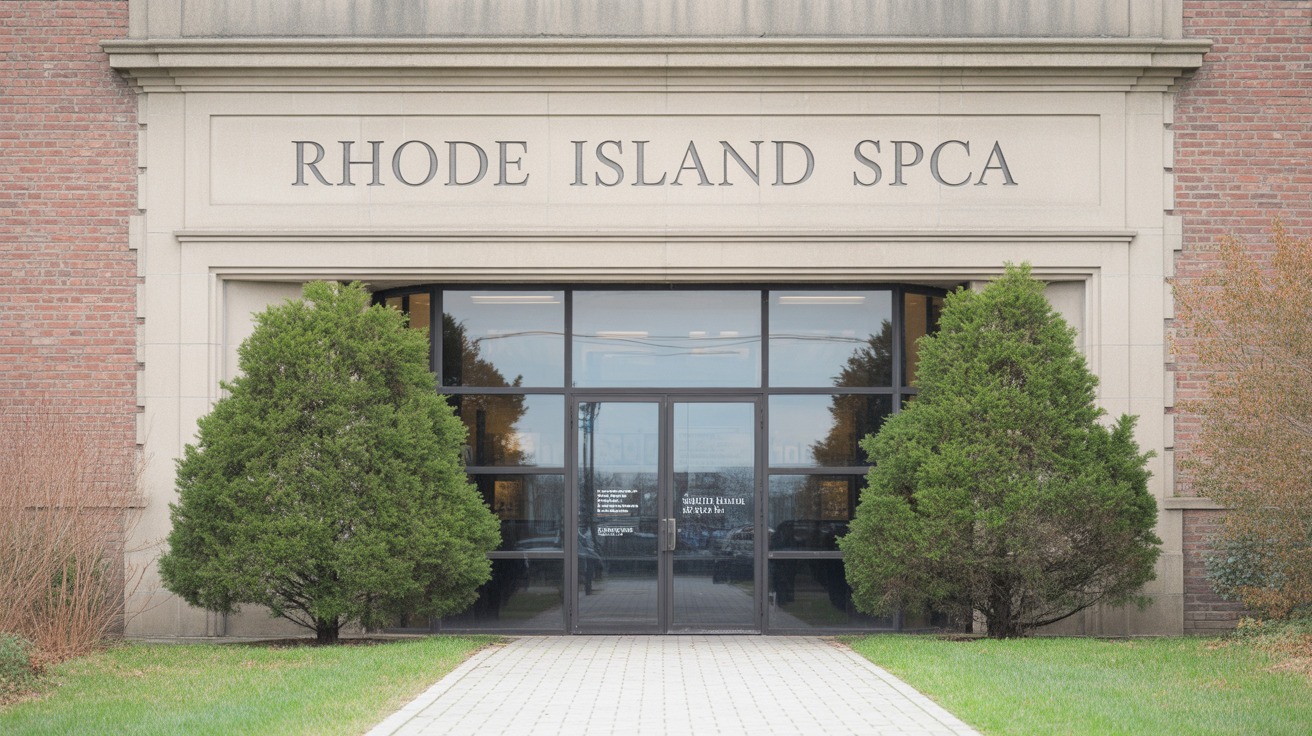Can Dogs Eat Macaroni and Cheese? A Pet Owner's Guide
Macaroni and cheese is a beloved comfort food for many, but as a responsible dog owner, you might wonder whether it's safe to share a bite with your furry companion. While a small amount of macaroni and cheese may not be immediately toxic to dogs, it poses a range of health risks and is generally not advisable as a regular treat.
Why Macaroni and Cheese Isn't Ideal for Dogs
Macaroni and cheese is typically high in fats, dairy, and sodium—all ingredients that don't align well with a dog's dietary needs. Even though small quantities may not cause severe harm, regular consumption or larger amounts can lead to health issues.
- High Fat Content: Contributes to weight gain and can trigger pancreatitis.
- Excessive Sodium: May cause dehydration and impact blood pressure.
- Dairy Issues: Many dogs are lactose intolerant, making cheese difficult to digest.
- Carbohydrates: Pasta often contains gluten, which some dogs may be sensitive to.
Digestive Problems Linked to Macaroni and Cheese
Dogs that are lactose intolerant or have sensitivities to grains and gluten may suffer from symptoms such as:
- Vomiting
- Diarrhea
- Stomach pain
- Gas
- Itchy skin or rashes
These side effects aren't just uncomfortable; they may point to underlying food intolerances or allergies, which should be addressed with your veterinarian.
Potentially Toxic Ingredients
Many homemade and packaged macaroni and cheese recipes include ingredients dangerous to dogs. For instance:
- Onions: Can damage red blood cells and lead to anemia.
- Garlic: Even in small amounts, it's toxic to dogs.
- Seasonings and Preservatives: Artificial flavors and additives found in boxed versions can be harmful.
If your dog has ingested macaroni and cheese with any of these toxic ingredients, especially in large quantities or if they're a small dog, consult your vet immediately.
Health Risks from Regular Consumption
In addition to short-term digestive upset, feeding your dog macaroni and cheese regularly can lead to more serious conditions, including:
- Obesity: Common in dogs fed calorie-dense human foods.
- Diabetes: Diets high in refined carbs and fats contribute to insulin resistance.
- Pancreatitis: A potentially life-threatening condition triggered by high-fat meals.
When a Small Bite Might Be Okay
If your dog accidentally eats a little bit of plain macaroni and cheese (without toxic ingredients), it might not result in long-term harm. However, it's best to monitor for signs such as:
- Vomiting
- Diarrhea
- Lethargy
- Restlessness
- Abdominal pain
Should these symptoms persist or worsen, contact your vet. Avoid giving your dog any more rich or processed human foods in the future to prevent recurrence.
Safer Alternatives to Macaroni and Cheese
Want to share a fun snack with your dog? Opt for healthier, dog-approved choices that provide nutritional value without compromising their health:
- Vegetables: Carrots, green beans, broccoli, and pumpkin
- Fruits: Apples (without seeds), bananas, watermelon (no rind or seeds)
- Dog Treats: Specifically formulated for canine consumption
Using Cheese as an Occasional Treat
If your dog tolerates dairy, small pieces of plain cheese like cheddar or cottage cheese can serve as occasional treats or tools for administering pills.
- Avoid: Blue cheese and processed cheese spreads
- Stick to: Low-salt, low-fat options in moderation
Vet Advice is Key
Your vet is the best source of information regarding your dog’s specific dietary needs. Always consult them before introducing any new food—especially human foods that are fatty, salty, or processed.
Final Thoughts
While macaroni and cheese isn't inherently poisonous, it's far from a healthy choice for dogs. The risks—ranging from mild upset stomach to serious conditions like pancreatitis—outweigh any benefit of sharing your cheesy dish. Stick to a balanced, vet-approved diet and keep treats safe and simple.





